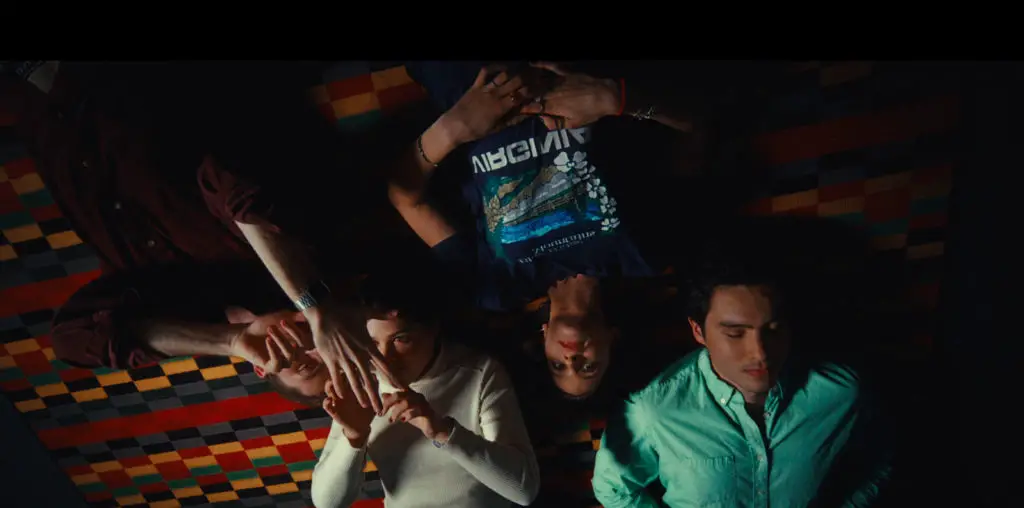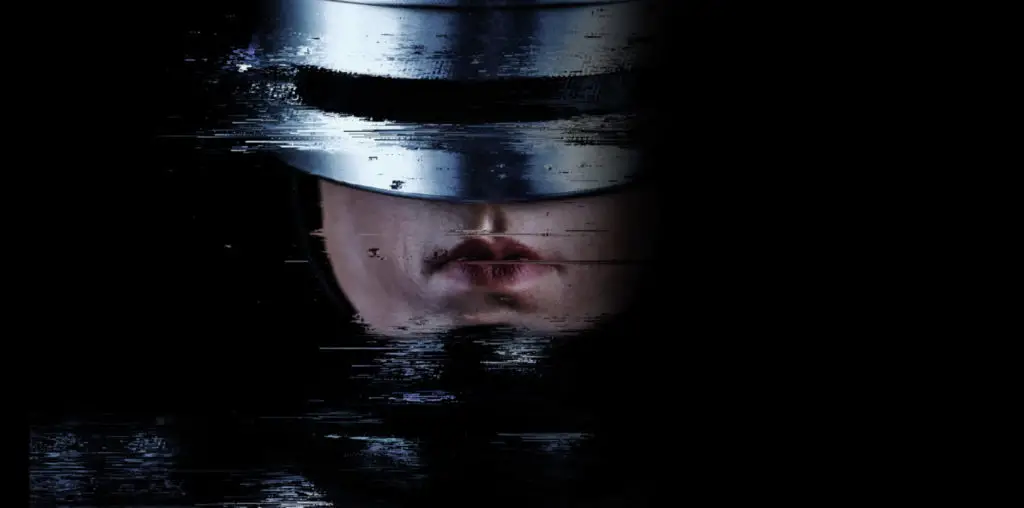
If Jobs were a device instead of a movie, it would be an eight track player. Maybe a Donkey Kong game. Anything but the sort of sleek toy its subject pulled out of his hat with astonishing regularity for a time making the future not just more connected but more fun.
It’s frustratingly first generation, based on the design used in decades of great man films and as disappointing as you probably expect only not for the reason you probably expect: Ashton Kutcher isn’t the reason Jobs mostly fails; he’s the reason it ever works at all.
His portrayal of the Apple co-founder and conflicted digital messiah is a rock solid piece of acting and pretty much the only thing likely to keep you from mentally logging out. The hacks responsible for this travesty, rather, are first time screenwriter Matt Whiteley and hack writer-turned hack director Joshua Michael Stern (Neverwas).
Bugaboo number one: its creators promise in their marketing to tell, as IMDb puts it, “The story of Steve Jobs’ ascension from college dropout into one of the most revered creative entrepreneurs of the 20th century.” They don’t. That’s the story told in Walter Isaacson’s biography and the story moviegoers doubtlessly will expect but, oddly, it’s not the story Stern tells.
Set in 2001, the opening scene offers false hope. Kutcher lopes into a company auditorium attired in his character’s signature black turtleneck and jeans. He holds up the very first iPod, stuns his audience by announcing it “can put a thousand songs in your pocket” and smiles beatifically as he’s given a standing ovation. That’s the last we’ll see of the latter day Steve.
The filmmakers hit rewind and suddenly we find ourselves in 1971 and the company of Jobs 1.0, a hippy with a gift for talking people into things and a friend named Steve Wozniak (Josh Gad) he talks into letting him market the prehistoric version of a personal computer he’s jerryrigged.
The film’s hazy on just what people did with these things before the internet but Jobs manages to sell enough of them to attract an investor (Dermot Mulroney) and the company grows from a few geeks in a garage to a global competitor as fast as its leader can steal trade secrets from Xerox (a fact of history that fails to make the final cut).
Stern dutifully chronicles his subject’s rise and fall between 1971 and 1985 when his board of directors directed him to the door. He gives us scenes of the uncompromising visionary throwing fits, bullying, ignoring budgets, cheating friends and generally refusing to compromise but zero insight into his interior life, how he dreamed up gadget after gadget that changed the way we live.
I checked my watch. “Two hours in and we’re only this far?” I wondered. “How’re we ever going to cover the whole thing?” For some bizarre reason, Stern doesn’t. In fact, he leaves out what many would consider the most interesting part of Steve Jobs’ story-everything he did after he took Apple back.
That’s like stopping the Beatles story when they take their bows on the Ed Sullivan Show. What the film does show us is accurate enough if marred by cornball touches and too many loose ends (a feud with Bill Gates goes nowhere. The subject of the daughter Jobs abandoned is abandoned just as inexplicably.)
The picture’s most significant problem though is simply that it’s pointlessly truncated. It’s the truth just not the whole truth. Stern and Whiteley’s is a story about big business when it should’ve been a story about big ideas.


Hey, man, don’t be disrespecting “Donkey Kong”. It may be first generation, but it’s still a lot more fun than most games that are coming out these days.